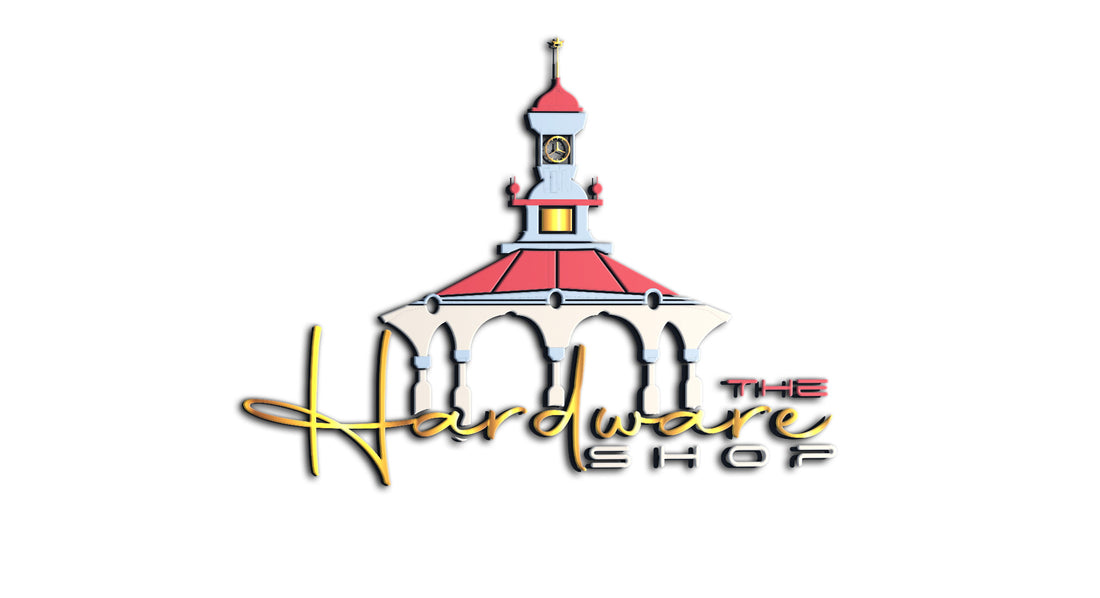
Hang Everything from Lightweight To heavy Items A Guide To Fixings
Share
Fixings for walls are essential for securing various items, and the choice of fixing depends on the wall type and the weight of the item being secured. Here is a guide to different fixings for different types of walls:
1. Drywall (Plasterboard)
Drywall is relatively weak compared to solid walls, so it requires specialized fixings.
- Plastic Anchors (Wall Plugs): Good for light to medium loads, typically used for small shelves and picture frames.
- Self-Drilling Drywall Anchors: Easy to use for light to medium loads. These anchors drill into the drywall without the need for pre-drilling.
- Toggle Bolts: Ideal for heavy loads. They spread the load over a larger area, making them suitable for heavier items like large shelves or TVs.
- Molly Bolts: Provide strong support for medium to heavy loads. They expand behind the wall, creating a secure anchor.
2. Brick and Masonry
Brick and masonry walls are strong but require drill holes for fixings.
- Plastic Wall Plugs: Used in conjunction with screws, suitable for light to medium loads. Require pre-drilling.
- Masonry Bolts (Sleeve Anchors): Provide strong support for medium to heavy loads. Ideal for mounting heavy items like wall cabinets and TV brackets.
- Concrete Screws (Tapcon Screws): Directly screw into masonry without the need for plugs. Good for medium loads.
- Resin Anchors: Extremely strong and reliable for heavy loads. The resin provides a secure bond with the masonry.
3. Concrete
Concrete walls are very strong and can hold heavy items if the right fixings are used.
- Plastic Wall Plugs: Suitable for light loads, need pre-drilling.
- Masonry Bolts (Sleeve Anchors): Excellent for heavy loads, similar to brick.
- Concrete Screws: Good for medium loads, also similar to brick.
- Drop-in Anchors: Installed flush with the surface, ideal for heavy-duty applications. Require a setting tool to expand the anchor.
- Resin Anchors: Used for very heavy loads, similar to masonry.
4. Wooden Walls
Wooden walls or studs are relatively easy to work with and can support a good amount of weight.
- Wood Screws: Perfect for directly screwing into wooden studs. No need for anchors.
- Drywall Screws: Used for lighter loads on wooden studs behind drywall.
- Lag Bolts: Very strong and ideal for heavy loads. Pre-drilling is often required.
- Toggle Bolts: Can be used for heavier loads if attaching to wood panels rather than studs.
5. Tile
Fixing items to tiled surfaces can be tricky because tiles can crack easily.
- Plastic Wall Plugs: Suitable for light loads if the tiles are backed by drywall or masonry.
- Toggle Bolts: For medium loads, ensuring the toggle expands behind the tile.
- Diamond-Tipped Drill Bits: Essential for drilling through tiles without cracking them.
General Tips:
- Pre-Drilling: Many fixings require pre-drilling holes. Use the appropriate drill bit size for the anchor being used.
- Weight Considerations: Always consider the weight of the item being hung and choose fixings that are rated for that weight.
- Stud Finders: When working with drywall, use a stud finder to locate wooden studs, as these provide the best support for heavy items.
- Proper Tools: Ensure you have the correct tools, such as a hammer drill for masonry and concrete, to make installation easier and more secure.
By choosing the right fixings for your wall type and the weight of the item, you can ensure a secure and lasting installation.